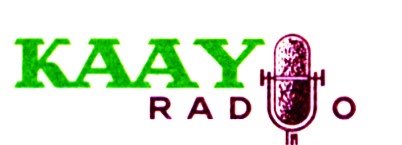A.J., in light of the WLS event coming up this Memorial Day, I got to thinking: how many people will think they can hear it, or even have a chance? Hence, I got to thinking about a phenomena us Ham radio and shortwave listeners have taken advantage of for many years: "gray line DXing"! The "gray line" I refer to is the time, locally, when it's not-quite-dark, not-quite-light, or dusk after sundown or dawn before sunrise, local times. This is the time when local stations either reduce their power or shut down completely, or just before they come on or increase power for the new day, giving the listener (the DXer- more on that term) a chance to hear and log other stations outside the normal listening area.
The term "DX" is short for, "distant listening" or "distant monitoring" and comes from when Ham radio operators used Morse Code almost exclusively. Shortened words or phrases increased the efficiancy and shortened the transmission time of the sending operator and the listening of the receiving stattion...very similar to text messaging over cell phones today. A "DXer" is one who chases DX, especially rare DX!
Now, in that time when a local DXer is in the dawn or dusk locally, some stations to the east (dawn) or west (dusk) are up to or still at full power on possibly the same frequencies as the local station that just powered down or turned off. While these stations are still "up", the listener can log them, when they otherwise couldn't hear them. Get the picture?
Needless to say, as the "gray line" passes locally, the DX signals could fade into nothing (daylight) or get stronger (increased darkeness) or could just get mixed into the cacophany of other stations on the frequency. There's nothing more frustrating than trying to dig a "new one" out of several 10,000-watters! Needless to say, when KAAY was on one of five clear channels, it made it easier to hear.
Here is a good website to check into while you're "chasing DX":
http://dx.qsl.net/propagation/greyline.html
Hope this helps in catching new stations for your log!
Thursday, May 22, 2008
Subscribe to:
Post Comments (Atom)


No comments:
Post a Comment